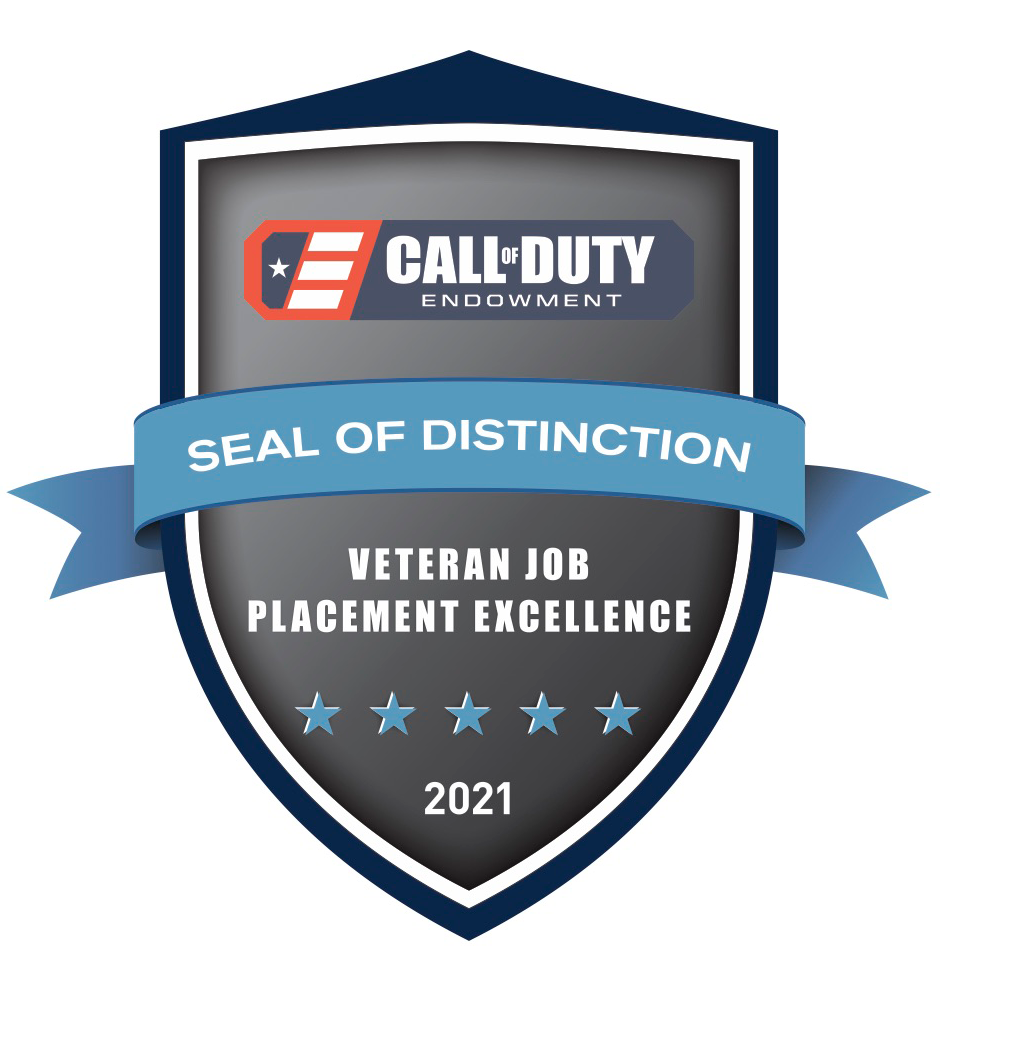Learning While You Lead: Veterans in the Project Management Field

For Grant McCall, Project Manager, U.S. Air Force Veteran, and American Corporate Partners (ACP) Mentor, his most memorable experience of failure is also the story he calls the proudest moment of his military career. In 2009, he was flying a rescue mission leading 60 aircraft into a search and rescue scenario in Red Flag, Alaska. His team had three significant failures and did not pick up the survivor.
Afterwards, he and his team reckoned with what had happened. Despite it being a simulation with no real casualties, it was difficult to decipher. The failures were significant; they had to be dissected and evaluated. Military scenarios like the one McCall was in are designed to create stress and bring a team to their breaking point in a safe environment, so that when they come across it in the real world, they are prepared. After reflecting on the experience, McCall and his team came away with concrete lessons. They felt prepared to prevent those failures from ever happening again.
Understanding Project Management
Project management, as a term, can sound vague on first impression. To an unfamiliar person, it might mean very little. Projects have so many different forms, aims, and outcomes that it may seem broad and unspecific. However, Project Management is designed around specific definable skills and values—resilience, decisiveness, collaboration—that are as universally applicable as the term itself.
The Project Management Institute defines two types of Project Management. Predictive or “Waterfall” is a linear, sequential approach to projects with clearly defined expectations. Adaptive, similar to “Agile,” operates around more evolutionary development for projects with a high degree of uncertainty. Adaptive Project Management “encourages continuous collaboration” and “embracing change as a natural part of the process.” The skills needed for a successful career in Project Management are not always easy to find, but they are common among Veterans.
Lessons From the Military
Jose Gonzalez, U.S. Navy Veteran and ACP Protege, worked in construction Project Management for five years before he joined the Navy. While working in construction, he became fluent in the Waterfall style of Project Management, which he describes as “traditional in the sense that one thing cannot be started without something else having been finished. For example, you cannot build a frame without having the foundation poured.”
The military, Gonzalez says, is more similar to Agile. While the military was rigid in many ways, Project Management in the military was much more fluid than his civilian work experience. As a Surface Warfare Officer, the ultimate goal for Gonzalez was to become the Captain of a ship. Similar to most Junior Officers, his first tour emphasized leadership skills and learning to do jobs with minimal supervision. On his second tour, there were more personnel to manage, more expensive equipment, and more responsibility. From these experiences, Gonzalez learned how to balance multiple projects at the same time, while coordinating with a team made up of all different types of people.
After his service, Gonzalez “brings to the table a deep understanding of both styles, how to implement them, how to differentiate which is better for each project, and how to execute a project…Now, after the service, I feel confident that I can tackle projects and deliver within the approved budget, efficiently and on time.” To be a Project Manager, Gonzalez has learned, is to know that “things will go wrong…To successfully lead a project, you cannot give up when things get difficult.”
When Grant McCall transitioned into the civilian workforce, he started in business development, but he was called toward his passion of “leading teams of people who are all committed to the same vision.” He found his way to Project Management. In his current role, his day-to-day consists of managing different development programs, each with their unique challenges, like scheduling, cost, and technological constraints. His job is to make quick, smart, and collaborative decisions. McCall finds that working with engineers in all different areas to solve problems innovatively is what makes his work rewarding. If mistakes are made or failures happen, he urges his team to focus on the impact, the lesson learned, and what behavior they can change to alter the next outcome.
A Unique Skill Set for Civilian Jobs
Jose Gonzalez found that his experience in the military gave him the confidence to embrace Project Management as a whole, which requires a commitment to any and all projects being seen to their successful conclusions. When he transitioned out, he had transformed into an ideal candidate for Project Management roles. The most transferable skills, Gonzalez says, were “punctuality, dependability, perseverance, and personal presence. Every member of the military is expected to be punctual to stand their watch or guard, dependable because it could be a life-or-death situation, perseverant because you can't give up when things get hard…These are values that are instilled from day one, and polished on a daily basis.”
One of the most consequential skills in the military is learning while you lead, and the same is true of Project Management. To lead effectively is to take every experience as an opportunity to improve and to accept failure not as a defeat, but as a lesson. According to McCall, Project Managers are communicators and collaborators with the humility to consider other perspectives and the willingness to try a different approach. These skills are nurtured in the military and are highly transferable to the civilian world. “Business,” McCall asserts, “is hard, extremely unpredictable, with so many things out of your control. Over the last 10 years, every scenario has seemed like a new scenario.” His work has not been without mistakes—McCall continues to expect mistakes and embrace failure–but safety and communication are what prevent those mistakes from happening again. The military taught McCall not to succumb to the chaos, to always remember what he and his team are trying to do, return to the vision, and create a path forward.
Veterans can find their place in the Project Management industry with the help of an ACP Mentor. ACP is a national non-profit organization that offers a year-long, one-on-one customized mentorship to post 9/11 Veterans and Active-Duty Spouses at no cost. Interested Veterans can apply here.











